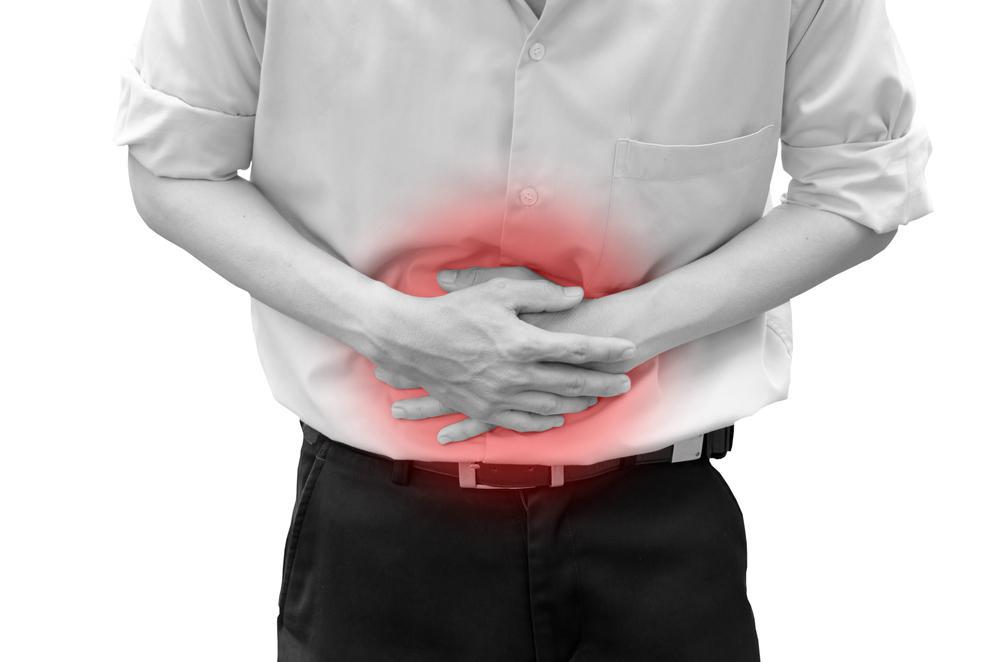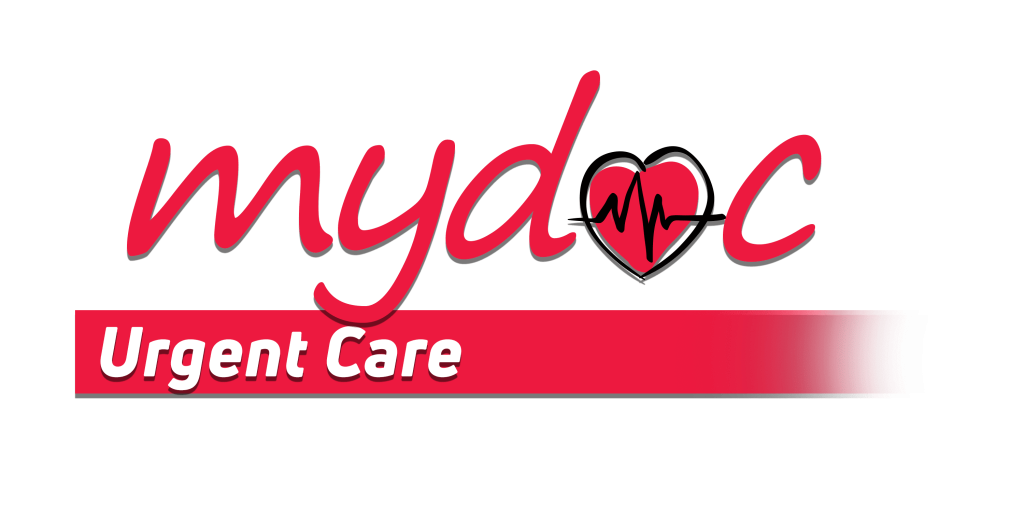Jumpstart Your Defense Against the Stomach Flu

The team at MyDoc Urgent Care combines the highest quality medical services with the convenience of walk-in and same-day doctor visits for residents of all ages in and around the New York communities of Forest Hills, East Meadow, Bronx, and Brooklyn.
Read what these family medicine and emergency care specialists say about the stomach flu and how to avoid it.
Understanding the stomach flu
The stomach flu, also known as gastroenteritis, is a common intestinal illness caused by the norovirus. Unfortunately, there are several noroviruses, and becoming ill with one type doesn’t offer natural immunity against the others. Thus, it’s possible to have the stomach flu at any age and many times during your life. The symptoms usually begin within 12-48 hours of exposure and include:- Cramping abdominal pain
- Watery and frequent diarrhea
- Nausea and vomiting
- Body aches
- Fever
- Headaches
How do I avoid the stomach flu?
You can’t always avoid it, but you can take simple steps to help decrease your risk of experiencing the stomach flu:Keep your hands clean
Washing your hands thoroughly with warm water and soap after using the bathroom, before prepping food, or before you eat a meal can help prevent norovirus from spreading. In addition, if someone in your household is ill, wash your hands before and after delivering medicine, meals, or fluids.Wipe down surfaces
Use a chlorine-based cleaning solution or another disinfectant to wipe down bathroom surfaces, kitchen countertops, doorknobs, and other high-traffic areas. Wear disposable gloves to clean up quickly after an episode of diarrhea or vomiting. Wash clothing promptly and consider using disposable cleaning cloths that you can bag and toss in the trash.Practice healthy food hygiene
Wash any fresh fruits or vegetables thoroughly before consuming, and be sure to sanitize utensils, cookware, and plates.Rest when you’re sick
Stay home and rest if you develop symptoms. Refrain from preparing meals or snacks for others while you’re sick and for two days after resolution of symptoms. Use a different bathroom if possible, and otherwise avoid close contact during this time.Prepare in advance
An overall healthy lifestyle doesn’t guarantee immunity from viral illnesses. However, following a nutritious diet, maintaining a healthy weight, and carefully managing chronic conditions like diabetes, hypertension, and heart disease enhance your body’s ability to resist the stomach flu.When should I see a doctor for the stomach flu?
Dehydration is a significant concern for individuals experiencing the stomach flu. Maintain adequate hydration via small, frequent sips of Pedialyte® or other rehydrating fluids that contain essential nutrients and minerals lost through vomiting or diarrhea. Come to MyDoc Urgent Care for a visit if you cannot keep fluids down, experience symptoms that don’t improve after one to three days, or find it impossible to rest. Because it’s a viral illness, antibiotics do not help treat norovirus. However, your MyDoc provider may recommend medication to help control diarrhea or vomiting. You may also require IV (intravenous) hydration. Visit the nearest MyDoc Urgent Care office and take advantage of our convenient walk-in services. Otherwise, call the office, or use our secure online service to request a same-day doctor visit.SCHEDULE A CONSULTATION
